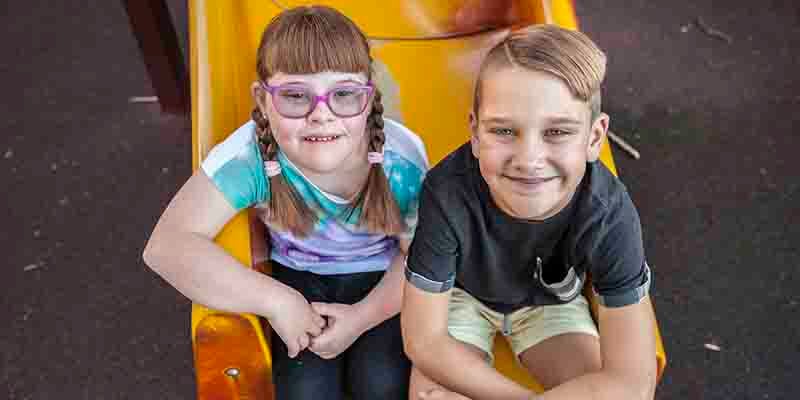Search
Showing results for "3"
Research
Ultraviolet radiation exposure and serum vitamin D levels in young childrenThis paper examined the link between UV exposure and vitamin D production in young children to determine how long it takes for sun exposure to affect serum...

News & Events
How learning to talk is in the genesResearchers from Perth's The Kids Research Institute Australia have been part of an international study that has found that genetic factors contribute to the development of l
Research
Building BridgesGlenn Pearson BA (Education) PhD Candidate Director of First Nations Strategy and Leadership; Head, First Nations Health and Equity Research Director
Research
Population and Public Health Perspectives on Late Language Emergence at 24 Months as a Risk Indicator for Language Impairment at 7 YearsThe emergence of language during the toddler period is one of the most striking accomplishments in young children's development.
This is a permanent full time position. The Opportunity In this role, reporting to the Head of Development, you will be responsible for leading and
Research
Psychosocial Outcomes in Parents of Children with Acute Lymphoblastic Leukaemia in Australia and New Zealand Through and Beyond TreatmentParents of children with acute lymphoblastic leukaemia (ALL) experience emotional distress throughout their child's treatment course. This study describes the psychological experience of Australian and New Zealand parents of children diagnosed with ALL.

News & Events
What life is like living with type 1 diabetesEvery decision a child with type 1 diabetes makes can impact on their blood glucose levels.
Research
Down syndrome-associated leukaemias: current evidence and challengesChildren with Down syndrome (DS) are at increased risk of developing haematological malignancies, in particular acute megakaryoblastic leukaemia and acute lymphoblastic leukaemia. The microenvironment established by abnormal haematopoiesis driven by trisomy 21 is compounded by additional genetic and epigenetic changes that can drive leukaemogenesis in patients with DS.
Research
Understanding the implementation of health checks in the prevention and early detection of chronic diseases among Aboriginal and Torres Strait Islander people in Australia: a realist review protocolChronic disease remains the leading cause of morbidity and mortality among Aboriginal and Torres Strait Islander peoples in Australia. Regular structured, comprehensive health assessments are available to Aboriginal and Torres Strait Islander people as annual health checks funded through the Medicare Benefits Schedule.
Research
Multi-omics analysis defines highly refractory RAS burdened immature subgroup of infant acute lymphoblastic leukemiaKMT2A-rearranged infant acute lymphoblastic leukemia (ALL) represents the most refractory type of childhood leukemia. To uncover the molecular heterogeneity of this disease, we perform RNA sequencing, methylation array analysis, whole exome and targeted deep sequencing on 84 infants with KMT2A-rearranged leukemia.
